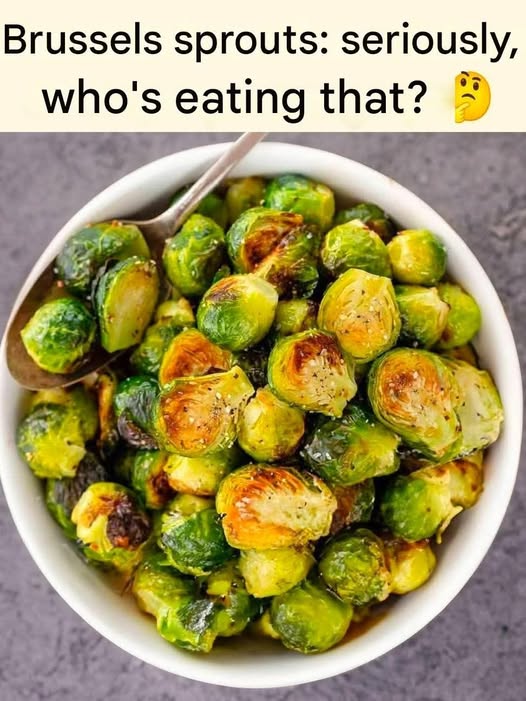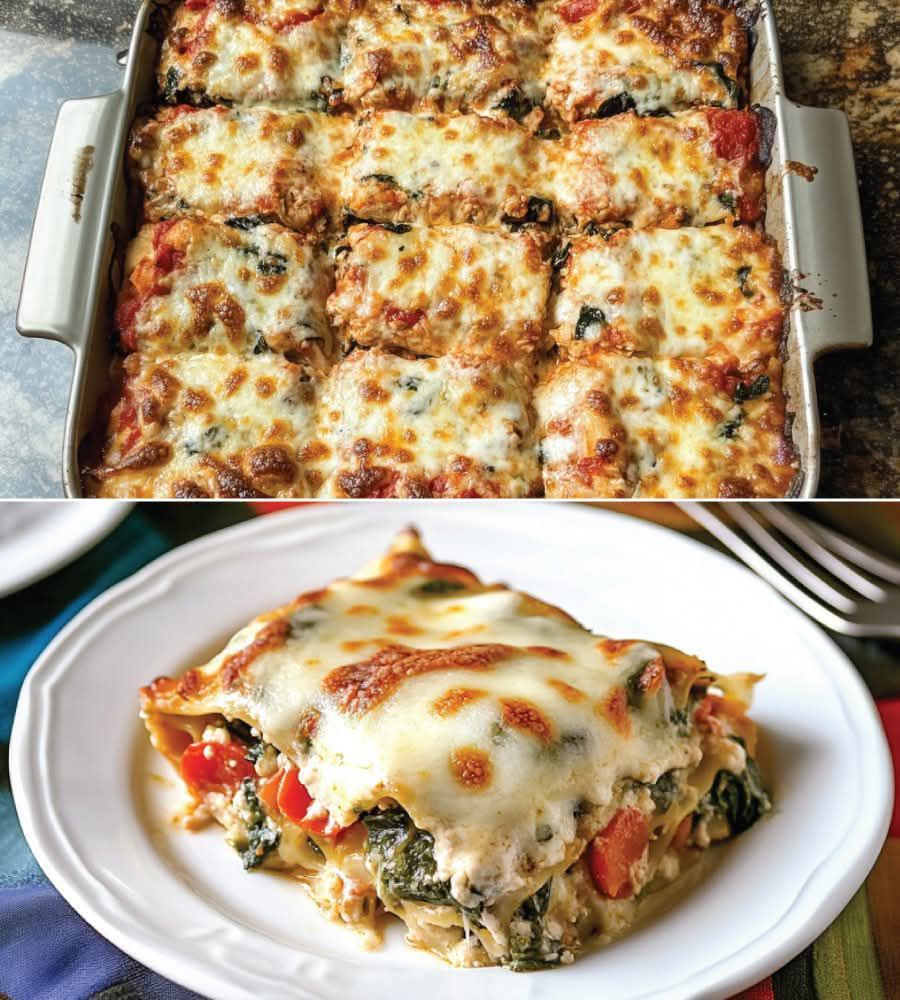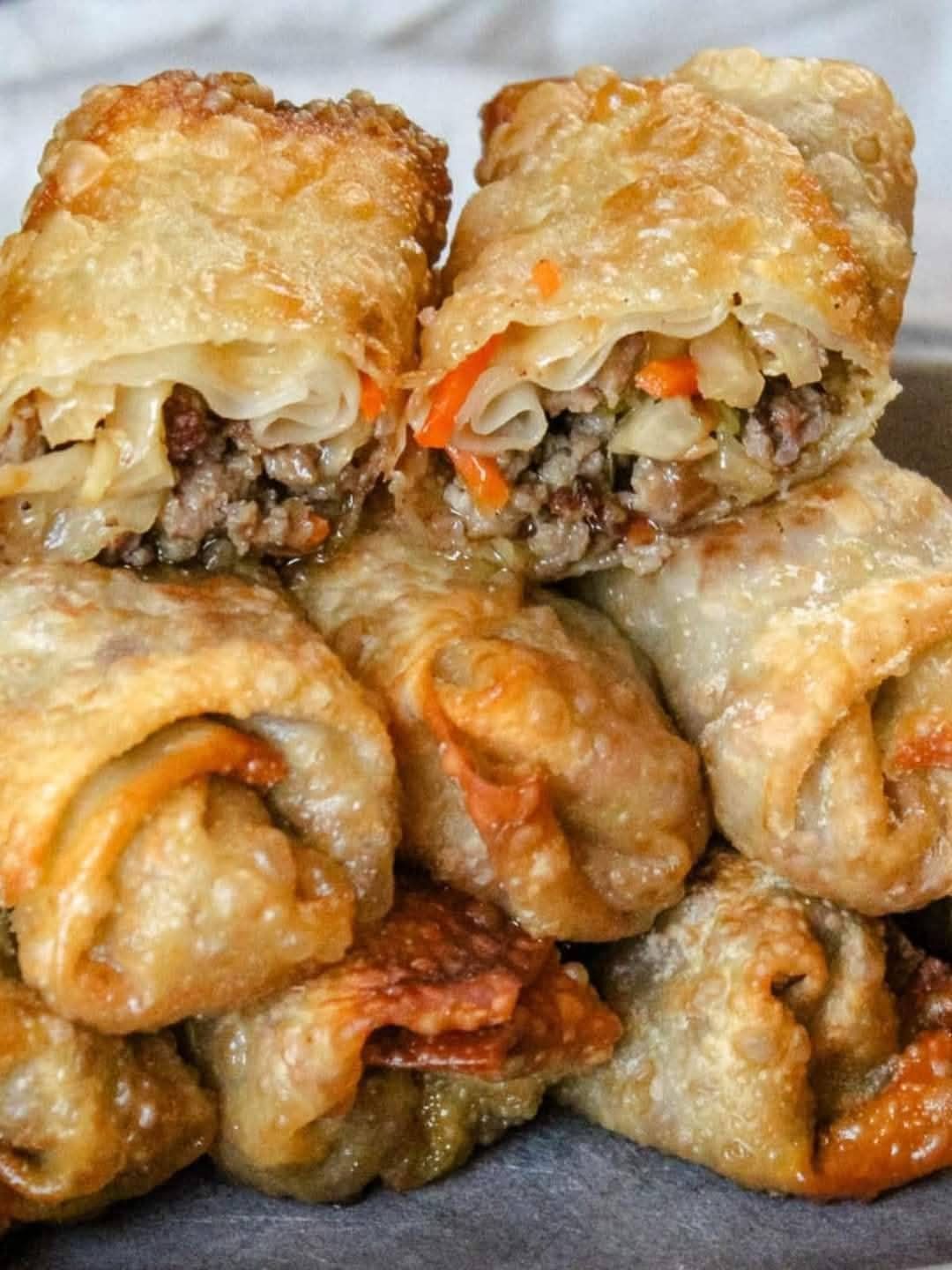Brussels sprouts, often relegated to the sidelines of the vegetable world, have undergone a culinary renaissance in recent years. Once associated with overcooked, mushy side dishes, these miniature cabbages have transformed into a beloved component of modern cuisine. When roasted to perfection, Brussels sprouts become crispy on the outside and tender on the inside, offering a delightful contrast of textures. This article delves into the art of roasting Brussels sprouts, exploring the science behind their transformation, offering tips for achieving the perfect roast, highlighting their nutritional benefits, and suggesting creative variations to elevate this humble vegetable.
The Science of Roasting Brussels Sprouts
Roasting Brussels sprouts is more than just a cooking method; it’s a transformative process that brings out their natural sweetness and depth of flavor. The high heat of the oven caramelizes the sugars in the sprouts, creating a rich, nutty taste. This Maillard reaction—the chemical process that occurs when proteins and sugars react under heat—enhances the umami profile of the sprouts, making them more appealing to the palate. Additionally, roasting allows the outer leaves to become crispy, adding a satisfying crunch that contrasts beautifully with the tender interior.
Selecting and Preparing Brussels Sprouts
The journey to perfect roasted Brussels sprouts begins with selection. Choose sprouts that are firm, compact, and bright green. Avoid those with yellowing leaves or blemishes, as these may indicate age or poor quality. Smaller sprouts tend to be sweeter and more tender, making them ideal for roasting.Simply Recipes
Preparation is key to ensuring even cooking. Trim the stem ends and remove any damaged or discolored outer leaves. For uniform cooking, halve the sprouts lengthwise. If some are significantly larger than others, consider quartering them to ensure all pieces cook at the same rate.
The Perfect Roasting Technique
Achieving crispy, caramelized Brussels sprouts requires attention to detail. Preheat your oven to 400°F (200°C), a temperature that promotes browning without burning. Toss the prepared sprouts in a generous amount of olive oil, ensuring each piece is well-coated. Season with salt and freshly ground black pepper to taste. For added flavor, consider incorporating garlic powder or smoked paprika.
Spread the sprouts in a single layer on a baking sheet, ensuring they are not overcrowded. Overcrowding can lead to steaming rather than roasting, resulting in soggy sprouts. Place the baking sheet in the preheated oven and roast for 20-25 minutes, flipping the sprouts halfway through to ensure even browning. The sprouts are done when they are golden brown and crispy on the edges.
Nutritional Benefits of Brussels Sprouts
Beyond their delightful taste and texture, Brussels sprouts offer a plethora of health benefits. They are rich in vitamins C and K, both essential for immune function and bone health. A half-cup serving of cooked Brussels sprouts provides approximately 53% of the daily recommended intake of vitamin C and 91% of vitamin K. These vitamins play crucial roles in collagen synthesis, wound healing, and calcium absorption. Healthline
Brussels sprouts are also an excellent source of dietary fiber, which supports digestive health and helps maintain healthy blood sugar levels. The fiber content aids in promoting regular bowel movements and feeding beneficial gut bacteria. Furthermore, Brussels sprouts contain antioxidants that combat oxidative stress and inflammation, potentially reducing the risk of chronic diseases such as heart disease and certain cancers. EatingWell+1Health+1
Creative Variations to Elevate Your Brussels Sprouts
While the classic roasted Brussels sprouts are delicious on their own, adding a few ingredients can elevate them to a new level of flavor. Here are some creative variations to consider:
- Balsamic Glaze and Parmesan: After roasting, drizzle the sprouts with a balsamic reduction and sprinkle with freshly grated Parmesan cheese. The tangy sweetness of the balsamic glaze complements the savory cheese, creating a harmonious balance.
- Crispy Bacon and Shallots: Toss the roasted sprouts with crispy bacon bits and thinly sliced shallots sautéed in butter. The smoky bacon adds depth, while the shallots provide a subtle sweetness.
- Maple Syrup and Mustard: For a sweet and tangy twist, mix maple syrup with Dijon mustard and toss the roasted sprouts in the mixture. The glaze caramelizes during roasting, imparting a delightful flavor.
- Lemon Zest and Almonds: After roasting, toss the sprouts with lemon zest and toasted slivered almonds. The citrusy brightness and nutty crunch enhance the overall dish.
- Pomegranate Seeds and Goat Cheese: For a festive touch, sprinkle the roasted sprouts with pomegranate seeds and crumbled goat cheese. The burst of sweetness from the pomegranate and the creamy tang of the goat cheese create a delightful contrast. EatingWell
Serving Suggestions
Roasted Brussels sprouts are a versatile side dish that pairs well with a variety of main courses. Consider serving them alongside:
- Roast Meats: The rich flavors of roasted Brussels sprouts complement the savory taste of roast chicken, beef, or lamb.
- Grilled Fish: The lightness of grilled salmon or cod balances the hearty texture of the sprouts.
- Vegetarian Dishes: Roasted Brussels sprouts make a satisfying accompaniment to vegetarian mains such as quinoa pilaf or vegetable stir-fry.
- Holiday Feasts: Incorporate roasted Brussels sprouts into your holiday spread for a nutritious and flavorful addition.
Conclusion
Roasted Brussels sprouts have evolved from a neglected vegetable to a star side dish that enhances any meal. By selecting fresh sprouts, preparing them properly, and employing the right roasting techniques, you can achieve a dish that is both flavorful and nutritious. Their versatility allows





